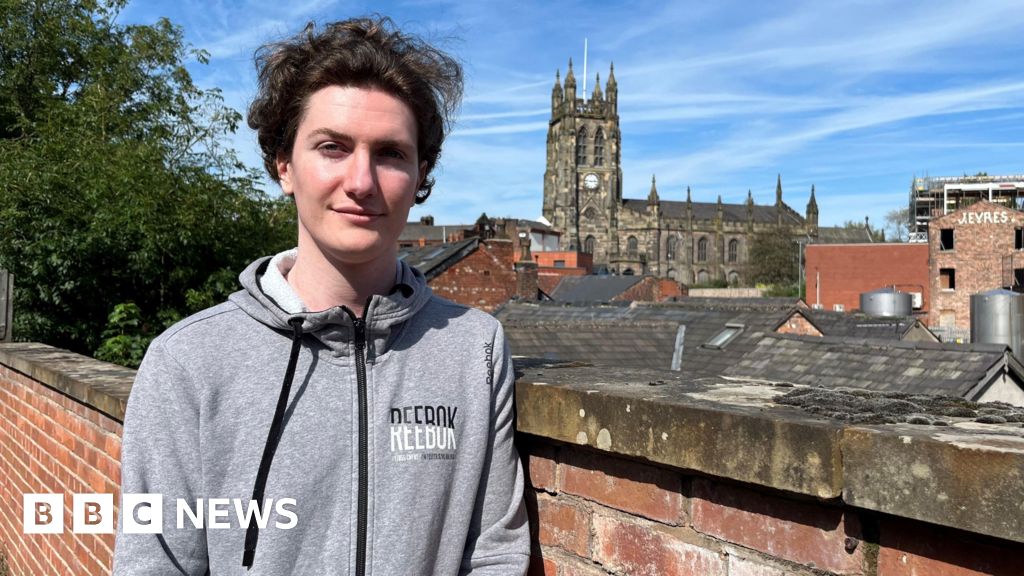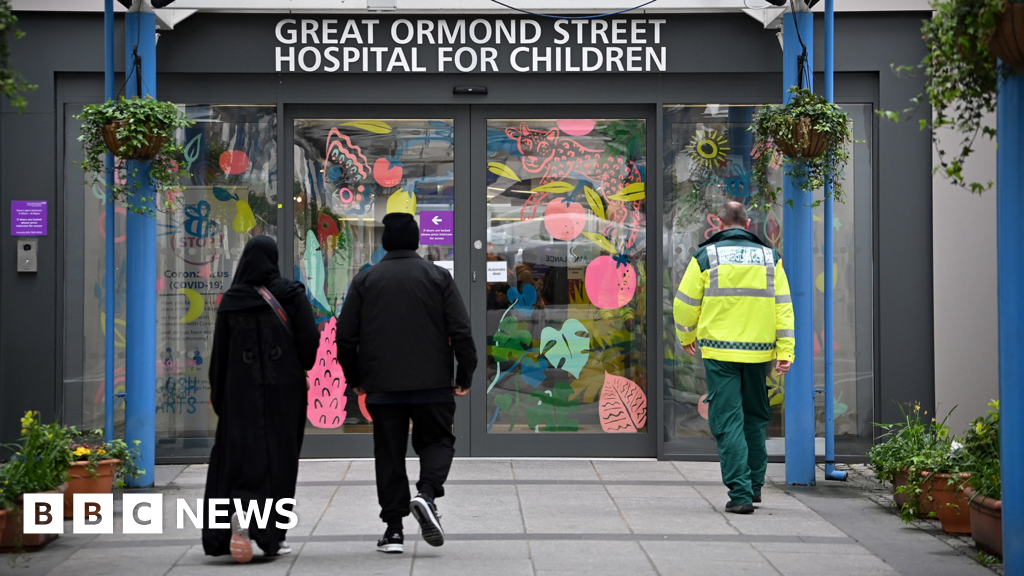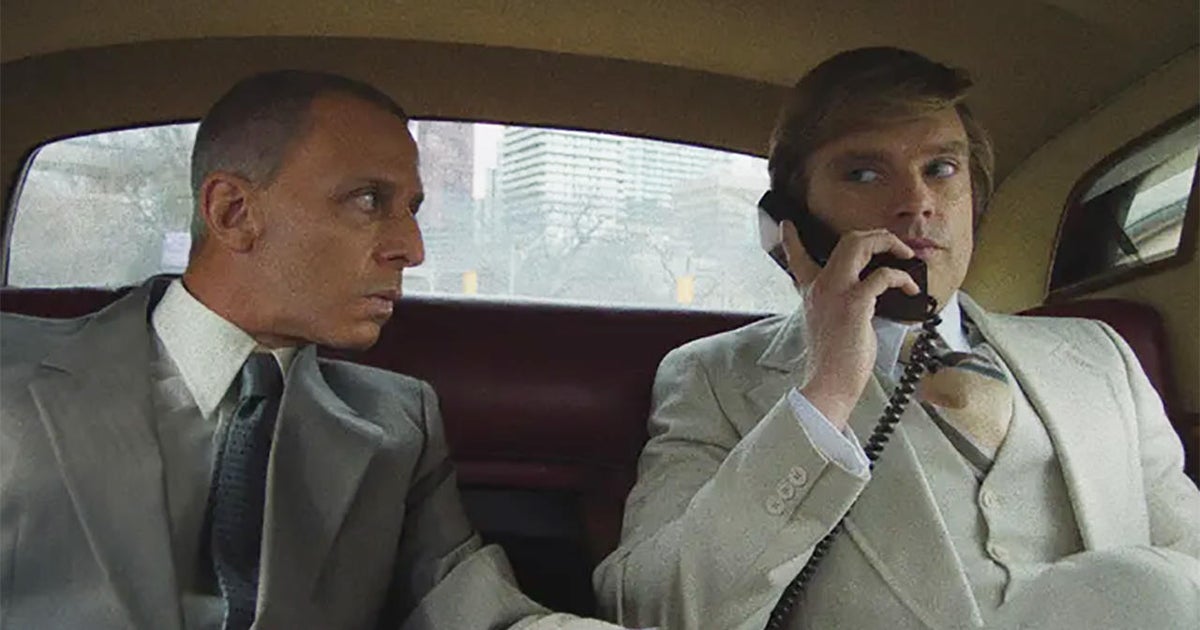“This Country: Searching for Home in (Very) Rural America” is a graphic memoir about their life — a documentary filmmaker and a teacher turned New Yorker cartoonist — in the middle of nowhere. Driven away from San Francisco by the ever-rising cost of living, artist and writer Navied Mahdavian and his wife buy six acres of land, 20 miles from town in rural Idaho, to build a home and start a family.
In the middle of nowhere, Emelie and Navied revive a single screen cinema (unsuccessfully), where seats go empty unless they run John Wayne, and discover that the neighbors who bring them the good California wine also believe that ISIS is everywhere. They accumulate 23 raised garden beds to grow their own produce (also unsuccessfully); befriend the local environmentalist, the rancher, and the wildlife; connect to the power grid; and wait for Elika — their daughter — to arrive after spring. In four winters and three summers, they turn their 280-square-foot cabin into a home, but the town remains a stranger.
Less is more in “This Country,” which is rendered in deceptively simple ink wash. It displays the kind of minimalist cartooning that withholds details to provoke imagination. Stylistically inventive, it uses negative space to conjure a sky full of stars flanked by a canopy of cottonwood trees. Wind blows in single, loopy strokes, and evocative facial expressions are conjured with but a few lines. In places, the panel borders do double duty, serving as elements of the world Emelie and Navied are building; functioning, for example, as a perch that one character sits on before diving into a lake.
Mahdavian captures the ambient and the sensory with modest brushstrokes, unexpected perspectives and the occasional visual metaphor. He makes fantastic use of the De Luca effect to animate his story — a comics technique that involves drawing multiple iterations of a single character in different stages of action against an unchanging background to capture movement. Elsewhere, he zooms in and then out, pulls back with a bird’s-eye view of the couple’s cabin to capture how far away they are physically from the rest of humanity, amid vast stretches of land, surrounded by mountains, open skies, starry nights, northern lights and endless forests. These aesthetic gestures serve a narrative function: Emelie and Navied’s environmental isolation matches their social anxiety of being an interracial couple in a homogeneously White town.
I chuckled at a line in the acknowledgments section (the first thing I read in any book), in which Mahdavian thanks Sofia Warren, a fellow contributing cartoonist to the New Yorker, for being the only person to call him out on his pretentious flexing. Fortunately, his proclivity to “flex,” with facts about Ammonite fossils, bald eagles and Greek mythology, among other things, wonderfully intertwines with the story in most places. One particularly striking sequence, a digression about the etymology of the word “minority,” pairs so well with the memory of him sitting across the table from his neighbor Jim and his gun enthusiast friend that it leaves you a little awestruck at the juxtaposition. In that moment, we share Navied’s mortified discomfort, owing to Mahdavian’s spectacular use of space and unflinching depiction of emotional vulnerability.
Mahdavian’s effortlessly fluid lines, breezy storytelling and lighthearted humor foster an easy intimacy with the reader. His pages are often wordless and atmospheric, displaying a restrained ingenuity that encourages us to look closer and decipher. In one especially tender moment, Josiah, a neighbor who self-medicates for salmonella with pills meant for cows, asks Navied where his family is from. Navied pauses, remembering how this conversation has gone on other occasions. When Navied cautiously says Iran, Josiah comes back with grilled elk meat kebabs for Navied and Emelie, made with a recipe he found on YouTube.
Still, in between neighborly interactions, there are pointed questions, microaggressions, a general discomfort in existing as a Brown man with a foreign-sounding name in an unapologetically conservative countryside averse to the very idea of change. As Mahdavian shows, belonging is mediated not just by personal experience — good or bad — but also by the general culture of a place, its ideological climate shaping moral and mental well-being as surely as its weather. Mahdavian follows a long line of cartoonists — such as Marjane Satrapi, Shaun Tan, GB Tran and Thi Bui — who have employed the graphic memoir to reflect on questions of home and belonging. His work, like that of others before him, exhibits how the medium lends itself to confessional, reflective writing, and how spaces in between panels offer inventive opportunities to find clarity about the trickier questions of life.
It is the kind of book that is good the first time you read it, but noticeably better the second time, when you are no longer rushing to get to know the characters and find out if anything terrible happened to them, and so have the patience to linger, as Emelie and Navied did for a time in their tiny country home. Quietly contemplative, their story reflects on how our relationships with the places we give ourselves to are not always reciprocal. It shines in the little moments, invokes wonder at nature, and despair at the awareness that our differences elicit intolerance in too many parts of the worlds we inhabit. A heartfelt new addition to the canon of graphic memoirs, “This Country” is both sad and hopeful, a homecoming and a departure.
Kay Sohini is a writer and cartoonist based in New York. Her graphic novel “This Beautiful, Ridiculous City” is set to be published in 2024.
Searching for Home in (Very) Rural America
Princeton Architectural Press. 288 pp. $25.95
A note to our readers
We are a participant in the Amazon Services LLC Associates Program,
an affiliate advertising program designed to provide a means for us to earn fees by linking
to Amazon.com and affiliated sites.
























1725792455-0/Untitled-design-(7)1725792455-0.png)






















